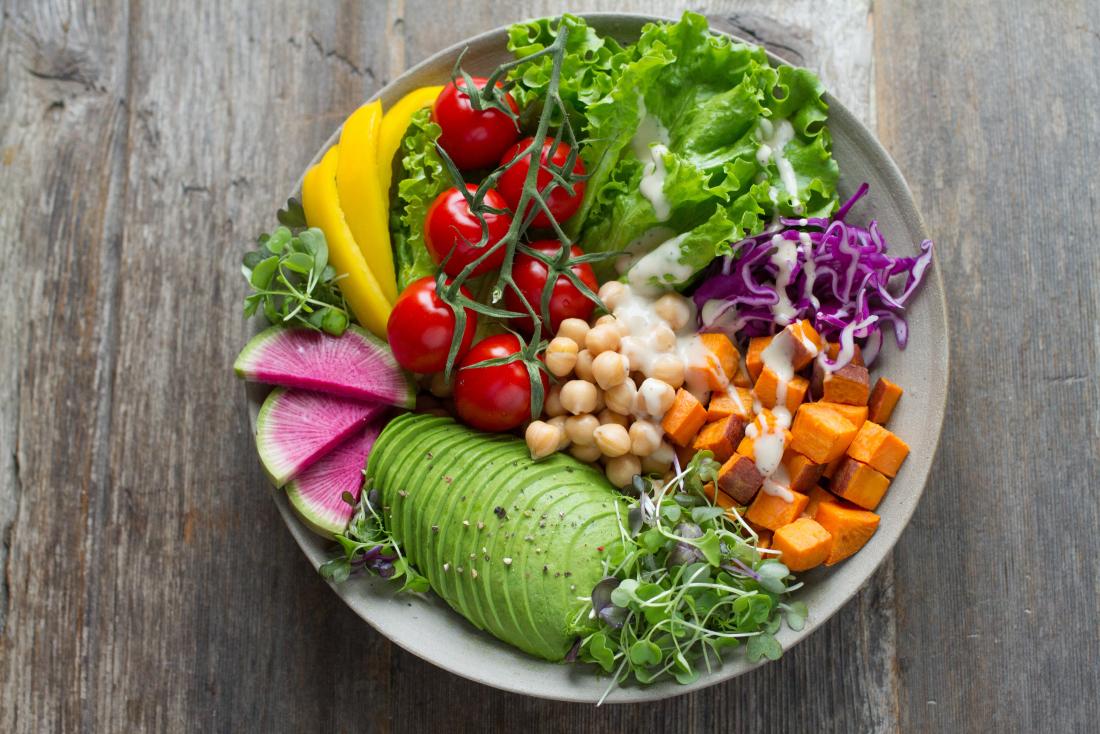The Vegetarian Diet is not just a diet for the animals. We must avoid animal products like beef, chicken, fish, egg, milk, cheese, and pork. However, we can eat some fish, eggs, honey, and nuts. This diet also works for us.
Many people who follow a vegetarian diet say they don’t feel better because they aren’t getting enough protein. But what exactly is a vegetarian diet?
Whether you choose to go completely vegetarian or only follow a primarily vegetarian diet, there are several reasons why a vegetarian diet may not be for you.
For example, vegetarians don’t eat meat, poultry, fish, or animal flesh. Instead, vegetarians eat vegetables, fruits, legumes, and nuts.
In this blog post, we’ll explain what a vegetarian diet is, why it might not be suitable for you, and how to find the perfect vegetarian diet for your health.
Many people know that vegetarianism is a great way to help the environment. But did you know it is also a great way to help your mind? It turns out that when you go vegetarian, your mental health and wellness improve in many ways. Adopting a vegetarian diet will improve your emotional stability, reduce stress levels, and even prevent disease and illness.

What is a vegetarian diet?
A vegetarian diet is a lifestyle choice based on the principle that eating meat is unnecessary to maintain good health.
It is a diet that is very similar to the vegan diet. A person on a vegetarian diet does not eat animal products, whereas a vegan does not eat animal products except eggs, milk, and honey.
Vegetarianism has been around for many years, and its popularity has increased recently, especially among celebrities and the wellness industry.
How does the diet work?
A vegetarian diet is a diet in which all meat, fish, poultry, and eggs are removed from the diet. While it sounds easy, most vegetarians report that they often feel “hungry” when they don’t eat meat.
The reason for this is that many vegetarians are protein deficient. Protein is an essential macronutrient for the human body, and protein deficiency can lead to various health issues.
There are two ways that protein deficiency can happen: either you consume too much or too little protein. The best way to determine whether you’re drinking enough protein is to measure your blood glucose. If your blood glucose is high, you probably consume too much protein.
If you consume too much protein, you’ll be storing fat. If you consume too little protein, you’ll lose muscle mass.
Health benefits of a vegetarian diet
While it is true that nutritionists and doctors often recommend a vegetarian diet, there are also some health benefits of being a vegetarian.
One of the main reasons why a vegetarian diet is recommended is because of the high amount of meat and dairy products eaten in most Western diets. These foods are not only bad for the environment but also have a detrimental effect on our health.
A plant-based diet is far more nutritious and sustainable than a meat-heavy diet.
A plant-based diet can help reduce our dependence on oil, which is becoming more expensive daily. It is also suitable for the environment because it helps to reduce carbon emissions. If you want to lose weight, I’m going to give you some great news: you don’t have to count calories or carbs.
You can still eat your favorite foods without weighing yourself down. Yes, even pasta and bread! What you should be counting instead is protein, fiber, and water. These three things will make you feel full and satisfied, and you won’t be reaching for that 2nd or 3rd helping.
What foods should you eat on a vegetarian diet?
While many vegans claim to be able to eat any food that is not meat, this is not true. Certain foods should be avoided if you’re trying to follow a vegan diet.
Vegetarians tend to avoid meat for health and ethical reasons. However, many vegetarians also avoid animal products for ethical and environmental causes.
For example, some vegetarians avoid dairy and eggs for religious reasons. Some vegetarians choose to avoid meat for health reasons. Some vegetarians choose to avoid meat for environmental reasons.
There is a misconception that all vegans eat no meat. This is false. Most vegans still eat plenty of heart, but they avoid it for ethical reasons.
Frequently asked questions About Vegetarian Diet.
Q: How does a vegetarian diet differ from a non-vegetarian diet?
A: There are more protein sources in a vegetarian diet—for example, beans, nuts, tofu, and milk products like almond milk. Also, vegetables provide a lot of fiber. And there is less meat in a vegetarian diet.
Q: What is the main difference between vegetarianism and veganism?
A: A vegetarian is someone who eats all kinds of plant matter, while a vegan only eats plants.
Q: What is the biggest misconception about vegetarianism?
A: Most people think that eating a vegetarian diet means you can’t eat meat. This isn’t true. You can eat a lot of different foods. Some foods are egg yolks, dairy, meat substitutes, nuts, and some types of fish.
Top myths about Vegetarian Diet
1. The vegetarian diet doesn’t contain sufficient protein.
2. The vegetarian diet isn’t healthy.
3. The vegetarian diet is not suitable for children.
4. The vegetarian diet is unsuitable for pregnant women.
5. The vegetarian diet is not suitable for pregnant women who wish to gain weight during pregnancy.
Conclusion
If you’re looking to lose weight, you will need to eat fewer calories than you burn.
A vegetarian diet is a great way to eat fewer calories and lose weight. There are so many reasons to go vegetarian. First, it’s a great way to cut back on your intake of animal protein and reduce the amount of saturated fat in your diet.
Secondly, it’s a great way to lower your risk of developing cancer, diabetes, heart disease, and other diseases associated with being overweight.








